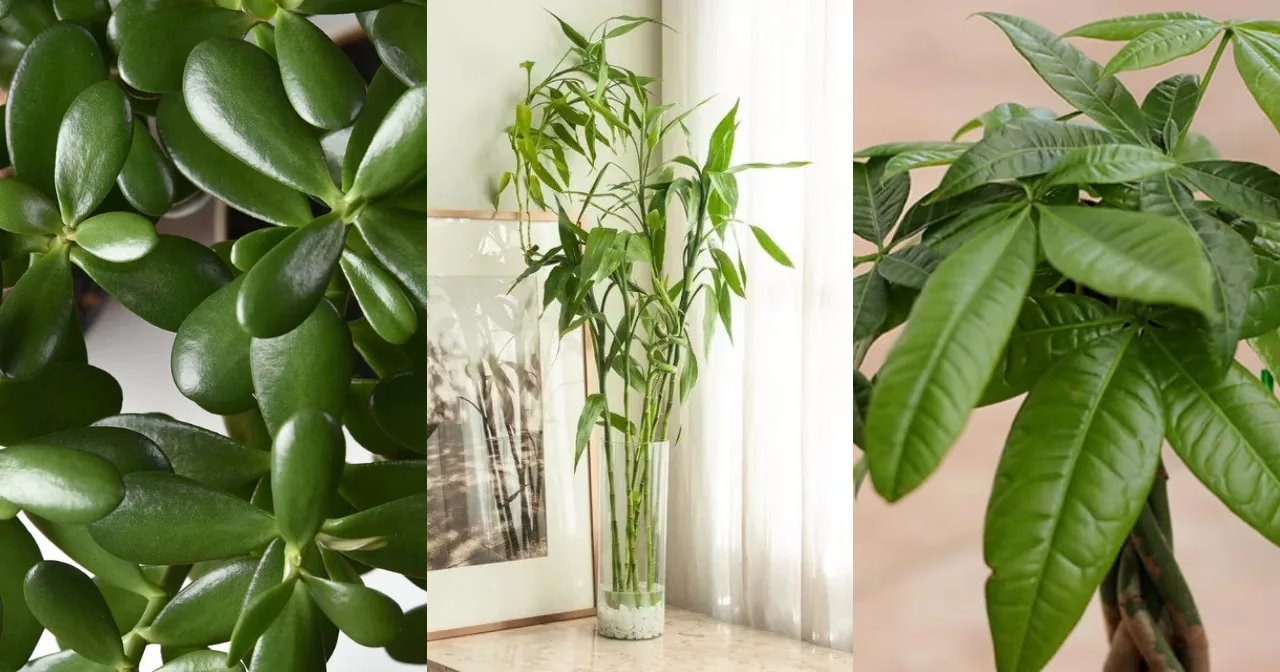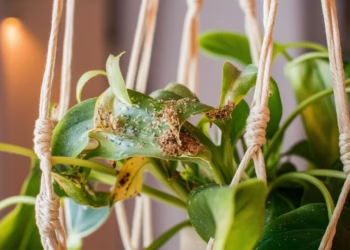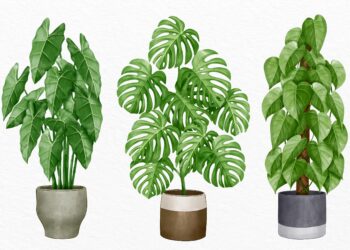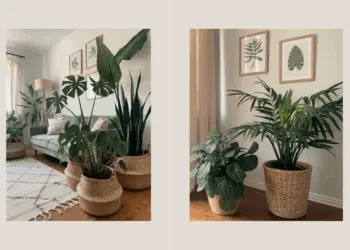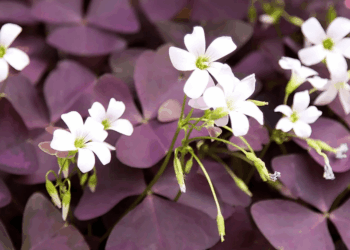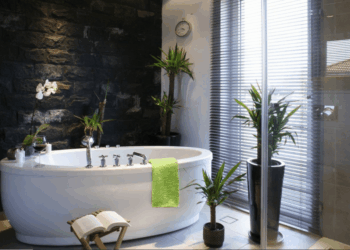Looking to spruce up your indoor space while inviting wealth, prosperity, and positive energy? You’ve come to the right place! In this guide, we’ll delve into the world of indoor feng shui plants – green companions that not only beautify your home but also enhance the flow of energy, or chi, bringing about abundance and good fortune. Whether you’re a seasoned feng shui enthusiast or a newbie eager to infuse your living space with vitality, these plants are sure to elevate the ambiance and attract positive vibes.
Money Plant (Epipremnum aureum)
Also known as the golden pothos, this resilient vine is believed to attract wealth and prosperity. Its heart-shaped leaves symbolize abundance, making it a popular choice for homes and offices alike. Its palmate leaves and gracefully braided trunk not only add a touch of elegance to any space but also serve as a reminder of the virtues of patience and steady growth. Contrary to popular belief, the wealth attributed to the Money Tree transcends mere financial gain, imparting invaluable lessons in cultivating a balanced and sustainable lifestyle.
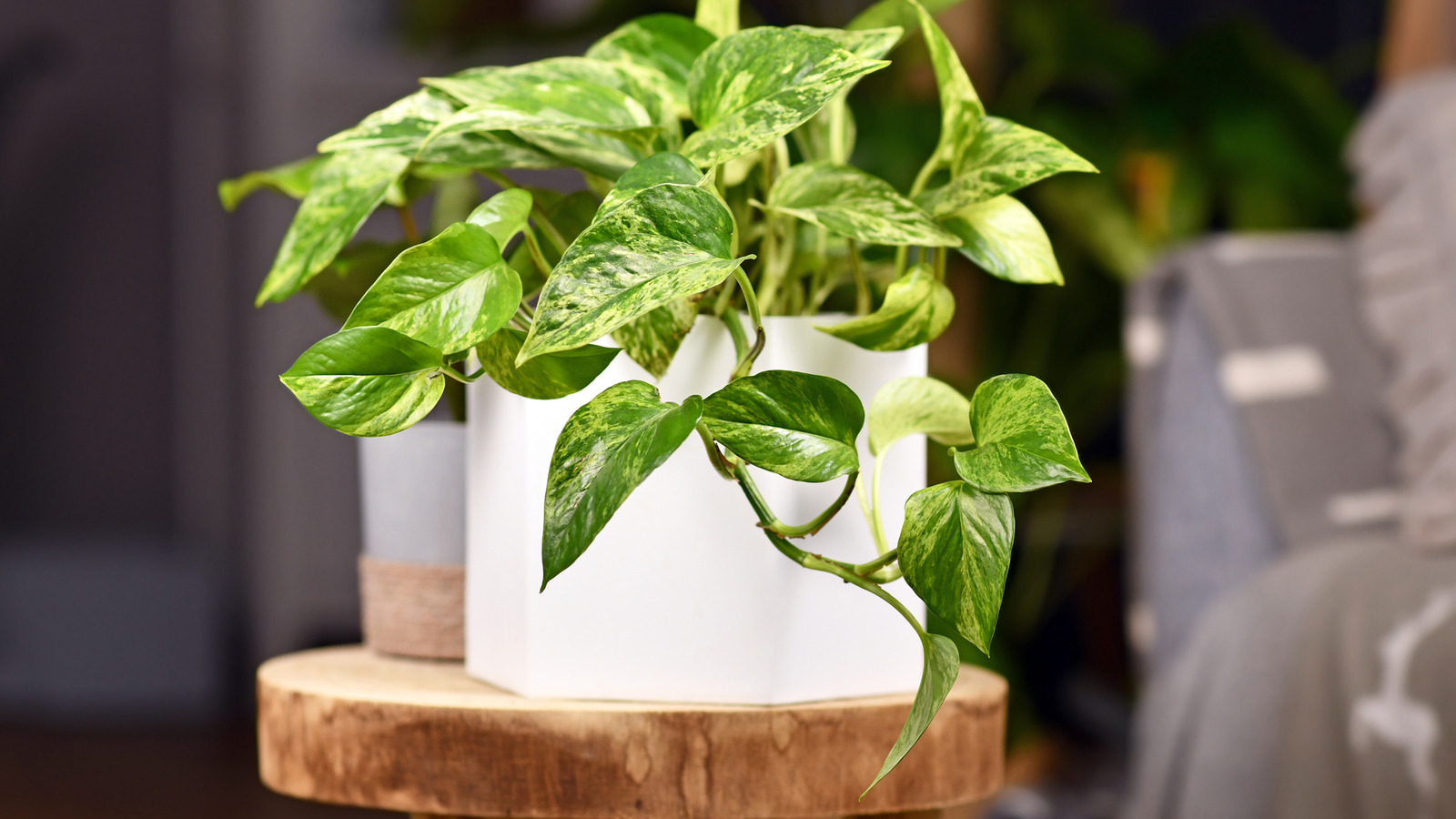
White Bird of Paradise (Strelitzia nicolai)
In the quest for an iconic statement piece that embodies elegance and vitality, the White Bird of Paradise emerges as a quintessential choice for feng shui enthusiasts. With its lush foliage and slender profile, this majestic plant infuses any room with a sense of serenity and grace. Originating from the sun-drenched landscapes of South Africa, the White Bird of Paradise thrives in bright, airy environments, making it an ideal companion for spaces bathed in natural light.

Lucky Bamboo (Dracaena sanderiana)
Despite its name, lucky bamboo plant is not bamboo at all but a member of the Dracaena family. According to feng shui principles, it brings good luck and fortune, especially when placed in the wealth corner of a room.

Jade Plant (Crassula ovata)
With its thick, round leaves resembling coins, the jade plant is synonymous with prosperity and financial success. This low-maintenance succulent thrives in bright light and serves as a beautiful reminder of abundance, and homeowners can instill a sense of prosperity and vitality into their living spaces.
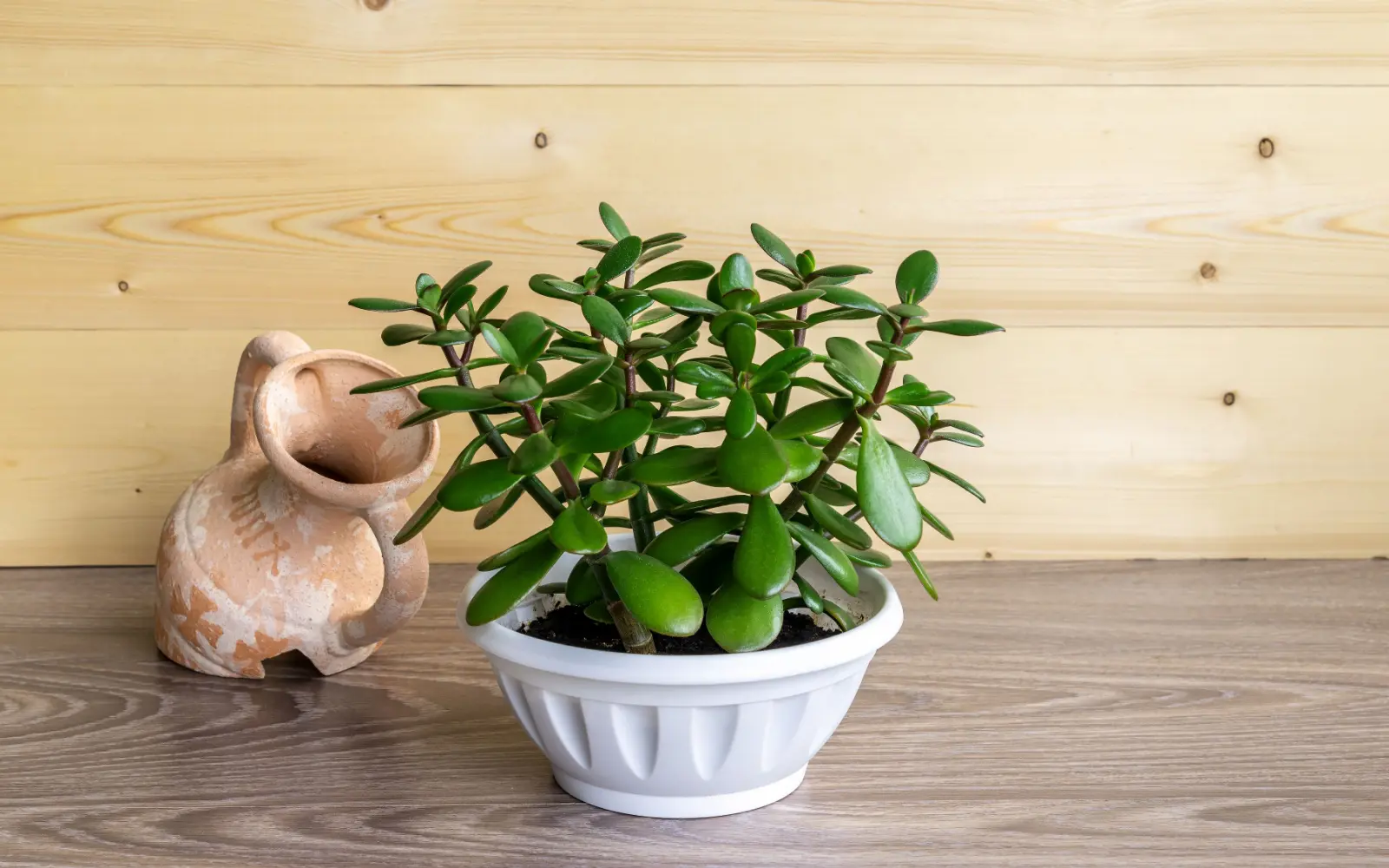
Snake Plant (Sansevieria trifasciata)
Also known as mother-in-law’s tongue, the snake plant, with its sword-like leaves is celebrated for its air-purifying properties and ability to absorb negative energy. In feng shui, it symbolizes resilience and strength, making it a perfect addition to any space. Whether adorning a hallway or gracing a bedroom sanctuary, the Snake Plant stands as a testament to the enduring power of nature in promoting well-being and balance.

Peace Lily (Spathiphyllum)
Beyond its elegant white blooms, the peace lily is valued for its ability to purify the air and promote harmony. It thrives in low light conditions and is believed to attract good fortune and positive energy.

Aloe Vera (Aloe barbadensis miller)
Renowned for its medicinal properties, aloe vera also holds significance in feng shui. Its spiky leaves are said to ward off negative vibes and promote prosperity, making it a versatile addition to any indoor garden.

Basil (Ocimum basilicum)
Not just a culinary herb, basil is revered for its protective qualities and ability to attract wealth. Placing a pot of basil near the entrance of your home is believed to invite abundance and prosperity into your life.
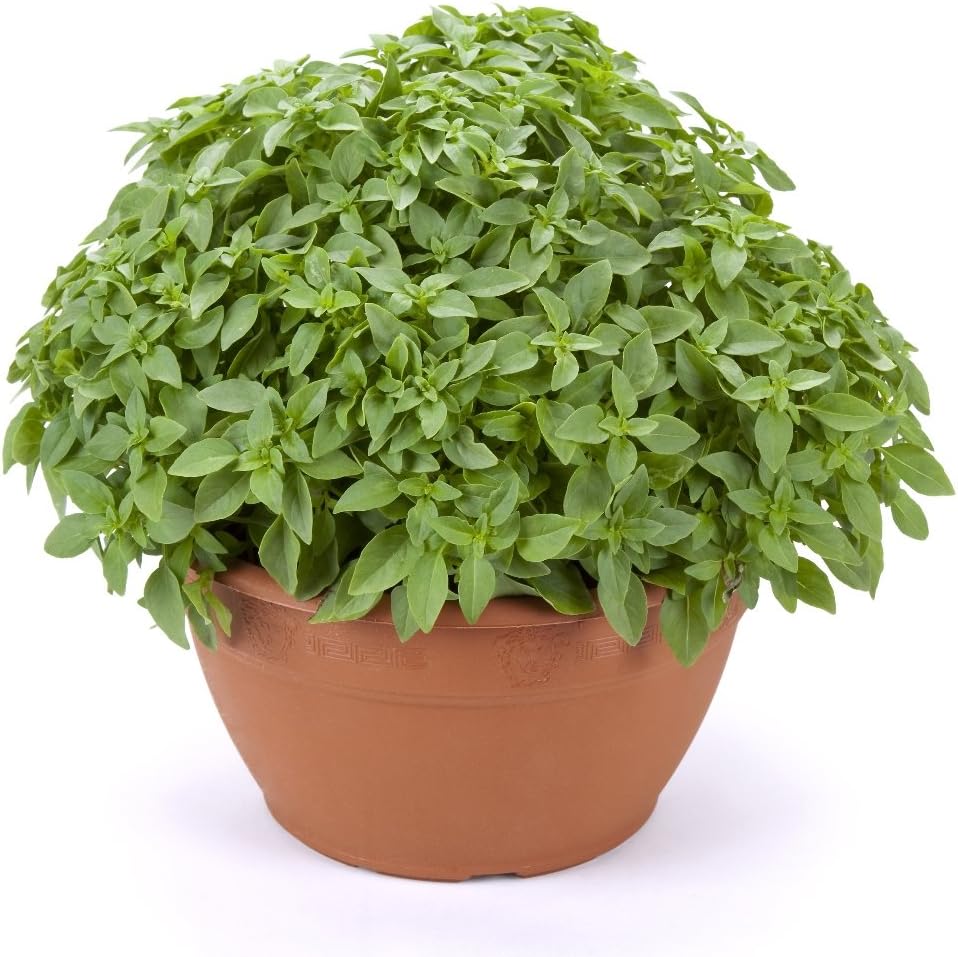
Orchid (Orchidaceae)
With its delicate blossoms and graceful appearance, the orchid symbolizes love, luxury, and refinement. In feng shui, it is associated with fertility and abundance, making it a cherished addition to any interior space.

Spider Plant (Chlorophytum comosum)
The spider plant’s long, arching foliage and air-purifying abilities make it a favorite among feng shui practitioners. Its upward growth pattern is believed to promote positive energy flow, making it an excellent choice for homes and offices.

Chinese Money Plant (Pilea peperomioides)
Originating from China, this charming plant is known for its round, pancake-shaped leaves. Its whimsical appearance and association with financial luck have earned it a special place in the world of feng shui.

Rubber Plant (Ficus elastica)
With its large, glossy leaves and robust stature, the rubber plant is said to bring abundance and prosperity into the home. Its presence is believed to create a sense of security and stability, making it an ideal choice for feng shui enthusiasts.

Lemon Tree (Citrus limon)
Beyond its citrusy fragrance and culinary uses, the lemon tree is prized for its association with prosperity and abundance. In feng shui, placing a lemon tree in the southeast corner of your home is believed to attract wealth and success.
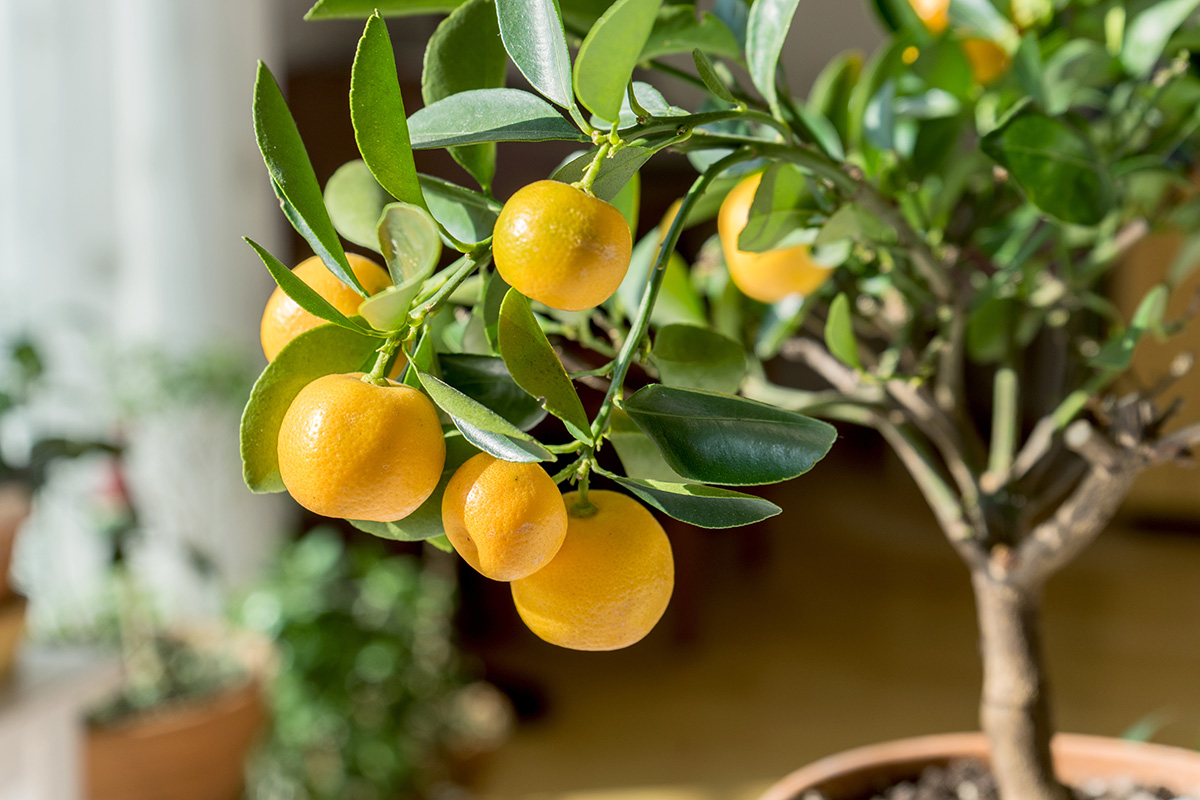
Ponytail Palm (Beaucarnea recurvata)
Despite its name, the ponytail palm is not a true palm but a member of the agave family. Its unique appearance and ability to store water in its swollen base make it a symbol of resilience and prosperity in feng shui.

Philodendron (Philodendron spp.)
With its lush foliage and trailing vines, the philodendron adds a touch of tropical elegance to any indoor space. Its presence is said to promote prosperity and abundance, making it a beloved choice for feng shui practitioners.

ZZ Plant (Zamioculcas zamiifolia)
Last but not least, the ZZ plant is celebrated for its resilience and ability to thrive in low-light conditions. Its glossy, dark green leaves symbolize growth and prosperity, making it a valuable asset in any feng shui arrangement.
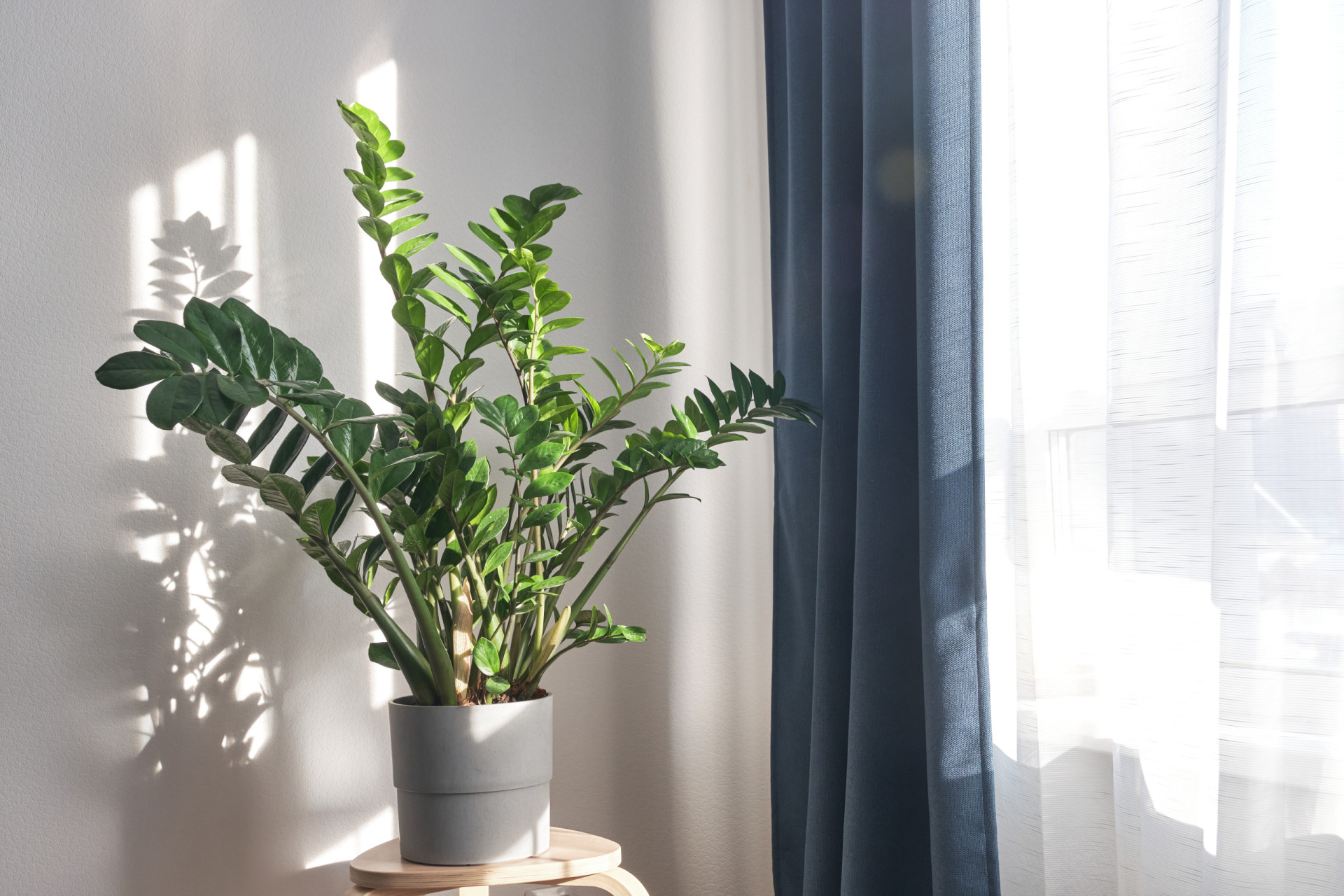
Incorporating feng shui plants into your indoor space is not only a visually appealing way to decorate but also a powerful means of attracting wealth, prosperity, and positive energy. By carefully selecting and arranging these 15 plants, you can create a harmonious environment that nurtures abundance and success in every aspect of your life. So go ahead, unleash your creativity, and let nature’s bounty flow into your home!
FAQs
Which plant is lucky for indoor Feng Shui?
Lucky Bamboo (Dracaena sanderiana) is considered auspicious in Feng Shui and is often used to attract positive energy, good luck, and prosperity. It is believed to bring harmony and balance to indoor spaces.
Which plant is good for home entrance Feng Shui?
The Money Plant (Epipremnum aureum) is commonly recommended for home entrance Feng Shui. It is believed to attract wealth, prosperity, and positive energy into the home, making it an auspicious choice for the entrance area.
Why does Feng Shui say no plants in the bedroom?
Feng Shui principles vary, and some practitioners advise against placing plants in the bedroom due to the belief that they may disrupt the flow of chi or energy. However, other practitioners consider certain plants beneficial for promoting positive energy and enhancing the atmosphere in the bedroom. Ultimately, it depends on personal beliefs and preferences.
Which are the best indoor plants for positive energy?
Some of the best indoor plants for positive energy according to Feng Shui principles include:
- Lucky Bamboo
- Money Plant
- Peace Lily
- Snake Plant
- Jade Plant
- Orchids
What is the best plant for Feng Shui bedroom?
The best plant for a Feng Shui bedroom include Peace Lily, Snake Plant, and Orchids, which are believed to promote tranquility, purify the air, and enhance relaxation.
Is it OK to put a jade plant in the bedroom?
Whether it’s okay to put a jade plant in the bedroom depends on personal beliefs and preferences. Some practitioners of Feng Shui believe that certain plants, including jade plants, can enhance positive energy and promote prosperity in the bedroom. However, others may advise against it due to concerns about disrupting chi flow. Ultimately, it’s up to you to decide if a jade plant fits well with your bedroom’s energy and atmosphere.
